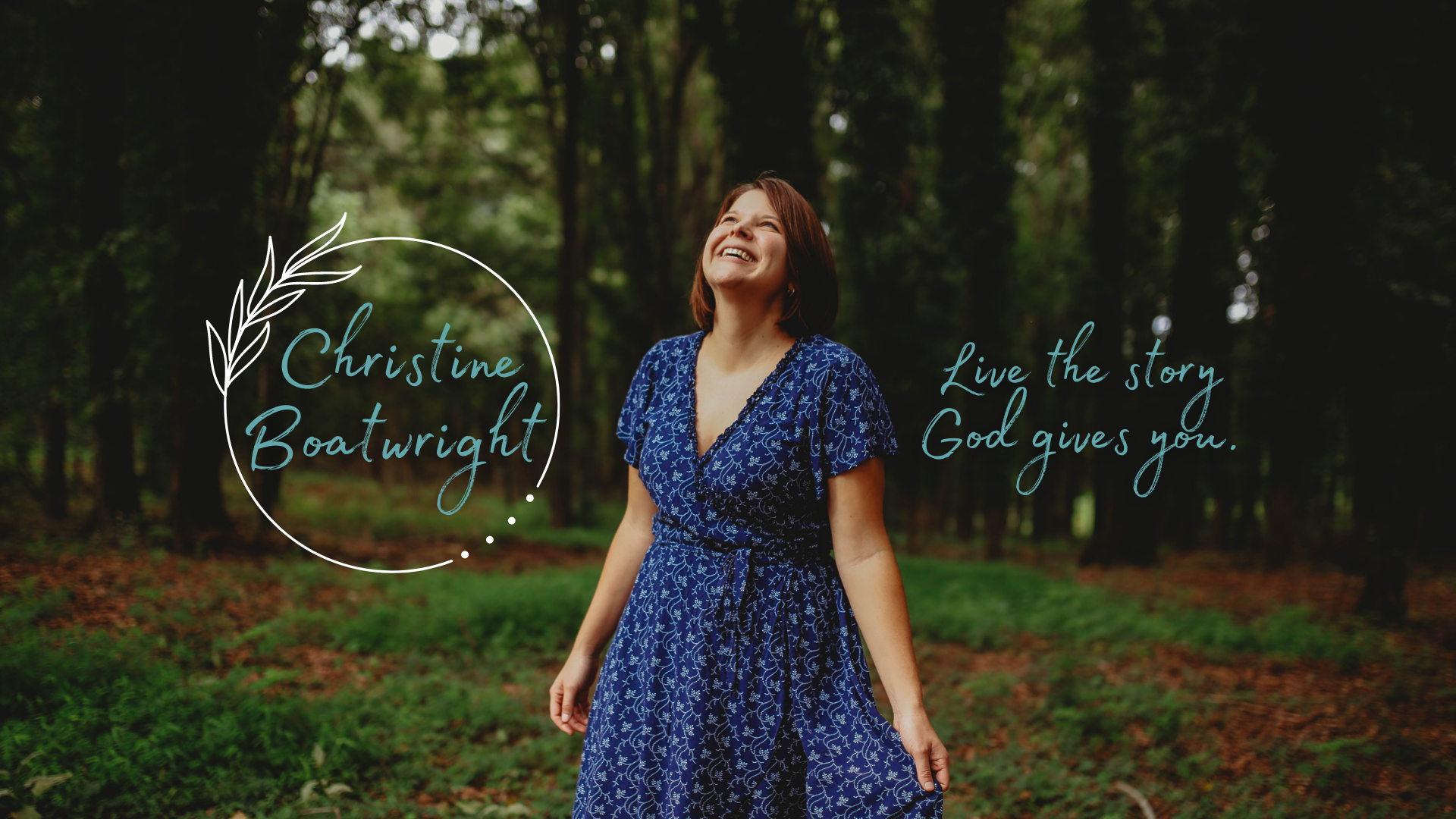While I’ve always been a writer, I’ve found myself in a different category than other writers. I don’t spend hours (or even handfuls of minutes) hemming and hawing over which words to choose. Maybe I should. Maybe my writing would be truly inspired if I invested more.
And I do love words, but I don’t collect them. Whenever my husband is reading, he’ll eventually ask me, “What does (insert higher-level word here) mean?”
And I never know the answer. Ever.
Sigh. Sadly, this gives me less clout as an English major. Perhaps I’m an embarrassment to the whole major. I apologize to any loftier English majors out there.
No, I like grammar. I like hard-and-fast punctuation rules and the grammar they create. I do bend these rules periodically for the sake of this blog, but, well, it’s my party and I can do what I want.
This isn’t overly advertised information, but I’m working to write children’s picture books. I’m “pre-published” or “aspiring,” but, really, I’m trying to feel my way through this thing. I realize “children’s picture books” sounds like a simple task. After all, the typical children’s book is only 32 pages long, and many editors want 500 words or less, right? Easy peasy!
W-r-o-n-g.
In 500 words (about one page, single spaced), you have to convey a lovable character, a plot, rising and falling action, a protagonist solving a problem, and enough oomph to make the little readers sit still and ask to hear the book again. Bonus points if you can get the parent to laugh or cry.
As I mentioned before, rhyming books aren’t really in vogue anymore. So, unless you have a true talent to make things flow, stay away from rhymes.
Then again, I do love a well-written, rhyming book. I love to read them aloud to my children, and I love marveling at the talent behind the words. Sometimes words take on a musical quality, such as 88 Instruments by Chris Barton.
 The musical-shop romp begins like this: “85, 86, 87, 88—88! That’s how many pounding, surrounding, astounding-mound-of-sounding instruments are in this shop.”
The musical-shop romp begins like this: “85, 86, 87, 88—88! That’s how many pounding, surrounding, astounding-mound-of-sounding instruments are in this shop.”
–Page Turn–
“But…I can take lessons on only one. Not 75, or 64, or 33, or 12.”
The little boy struggles to pick the perfect instrument for his lessons. Should he pick the squeeziest? The wheeziest? The easiest and breeziest?
Love. Love. Love.
I won’t spoil it for you, but this book just feels good going through my eyes, then brain, then mouth. Is that weird? Does anyone else feel this way about the written word?
 Another similarly musical book is Zin! Zin! Zin! A Violin by Lloyd Moss. I actually bought this book as a birthday present for one of my best friends, as she’s quite the musical type (hi, Ber!). It felt a little silly buying a picture book for a single friend’s bookshelf, but I hope she enjoyed it regardless.
Another similarly musical book is Zin! Zin! Zin! A Violin by Lloyd Moss. I actually bought this book as a birthday present for one of my best friends, as she’s quite the musical type (hi, Ber!). It felt a little silly buying a picture book for a single friend’s bookshelf, but I hope she enjoyed it regardless.
As you turn the pages, the orchestra grows through the words. It ebbs and flows like a concert, and it even teaches counting to the littles. The pace moves like a song, teaching various instruments and their sounds.
OK, I can’t leave out Al Perkins’ Hand, Hand, Finger, Thumb, which was a beloved book of my husband’s family. I had never read it until a relative gave it at George’s baby shower. As soon as he could enjoy books, he loved this one. I read it so often I memorized it with ease. It plays like a drumbeat, rhythmically repeating its beat.
Maybe, in the end, I do love the perfectly chosen word. I’m thoroughly enjoying watching my son in the throes of learning to read. It’ll open such a huge world to him, assuming we can move beyond these easy-reader books.
Happy reading!
Have any musical books to recommend?
